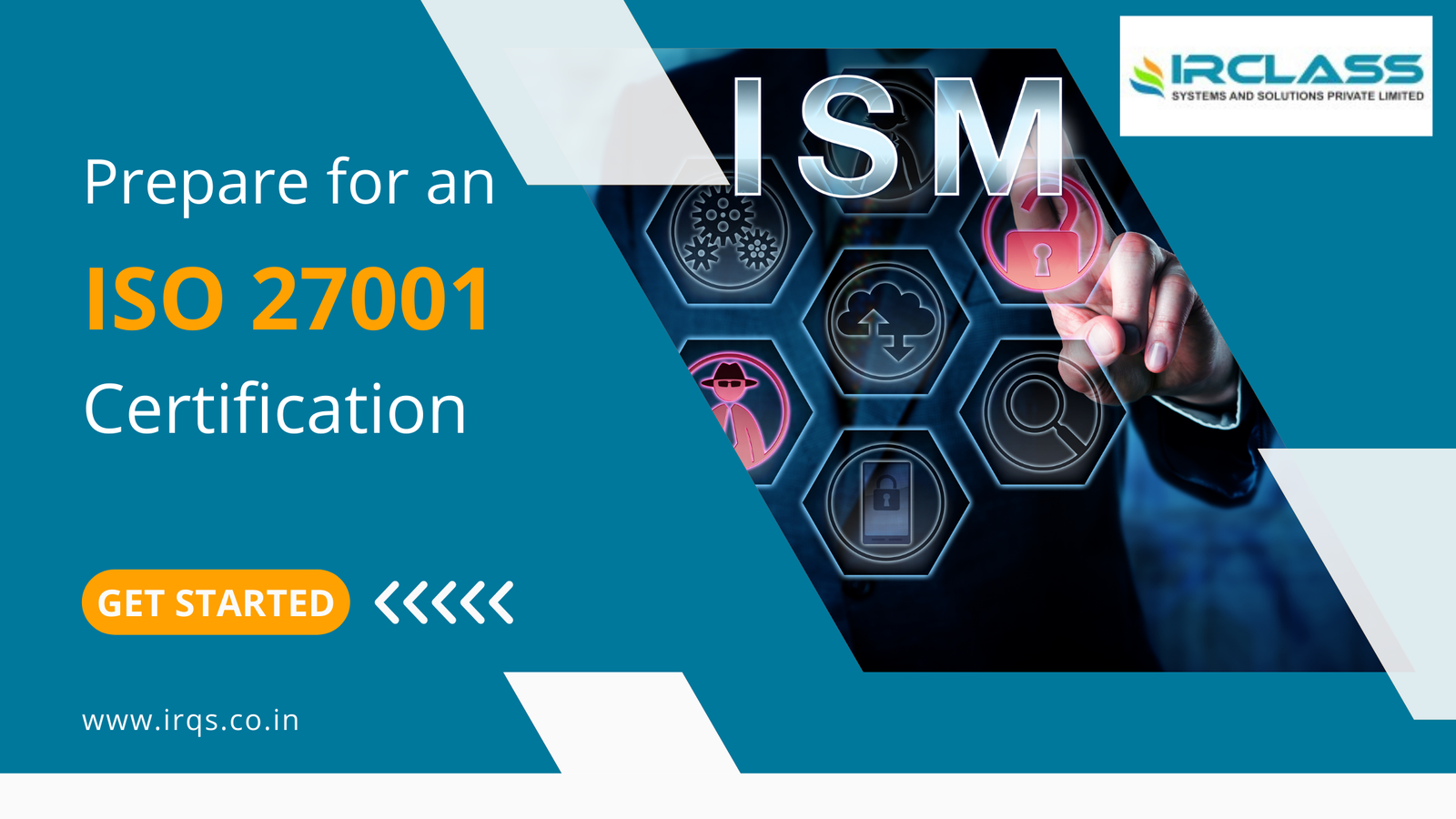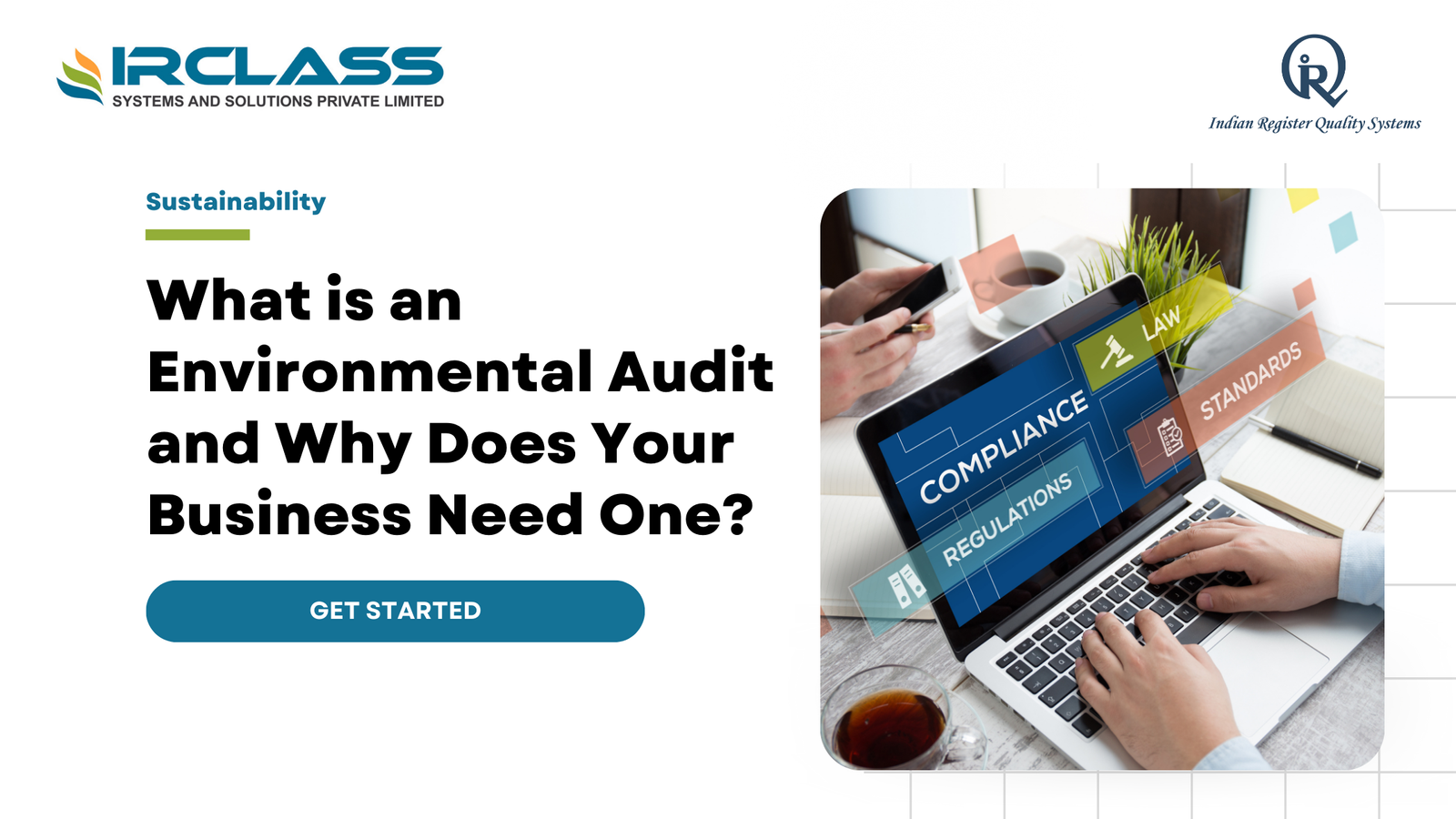Tag: ISO 27001 certification audit process

How to Prepare for an ISO 27001 Certification Audit
How to Prepare for an ISO 27001 Certification Audit A Precise Guide to Prepare for an ISO 27001 Certification Audit of Your Organization Introduction to ISO 27001 ISO 27001 is an international standard for helping organizations manage their information security. It contains requirements for an information security management system. Achieving certification according to ISO 27001 will go a long way in showing proof that you are a security-conscious organization. The reason to Prepare for the Certification A proper and systematic preparation for an audit is essential for any organization to get an ISO 27001 certification. In this way, an organization will be set for such an audit exercise; above all, the exercise could provide a way of pinpointing and addressing problems that may arise. In this connection, it saves a lot of time and resources. Steps to Prepare for ISO 27001 Certification Audit 1. Comprehension of ISO 27001 Requirements First, know the standard ISO 27001 by reading its official documentation. Know what the standard requires and comprehend the structure of ISMS. Get to know about the policies and controls that are needed. 2. Conduct a Gap Analysis A gap analysis identifies areas in need of improvement. Compare what you are doing against the requirements in ISO 27001. Make a list of the differences. This way, you know what to direct your efforts toward. 3. Create an Implementation Plan Formulate a plan based on the gap analysis, which shall specifically outline the steps to be taken in bridging the gaps. Assign responsibilities for each task identified at point two to team members. Timelines shall be set for each assigned task, and all members shall be clear on what they should do. 4. Train Your Team Make sure your team knows what ISO 27001 is all about. Conduct training sessions to explain why information security is essential. Teach them the policies and procedures to ensure that each one knows their role in maintaining security. 5. Document Everything Documentation is critical in ISO 27001. You need to Record all processes and procedures that your organization follows. These documents are meant to include: – Information security policies – Risk assessment processes – Security controls – Incident response plans Maintain these documents and keep them current, ensuring they are easy for anyone in your group to access. 6. Implement Security Controls ISO 27001 prescribes specific security controls that you need to implement. The controls will protect your information. Implement these controls in your organization. Here are some examples of controls: – Access control systems – Encryption – Backup procedures – Physical security measures To verify if these controls are effective. 7. Conduct Internal Audits Internal audits help to identify your weaknesses before the certification audit. Conduct internal audits regularly to verify whether ISMS is operating according to plans. Find out any weaknesses and correct them as quickly as possible. 8. Address Risks Risk management is an integral part of ISO 27001. Information risks shall be identified beforehand. Possible effects thereof will be evaluated, and effective measures to mitigate those effects will be adopted. Besides, your risk management plan shall be reviewed and updated regularly. 9. Perform Certification Audit Make complete preparations as the certification audit approaches. Review your documentation. Have all the security controls in place. Conduct a last internal audit. Remediate any last-minute issues. 10. Choose a Certification Body Select an ISO 27001 audit body that is reputable. Check if the selected body is credited and fully accredited—schedule for the audit. 11. Conduct the Certification Audit The certification audit is carried out in two phases: Stage 1: The Auditor goes through your documentation. They verify the design of your ISMS. Stage 2: The auditor evaluates the effectiveness of your ISMS implementation by reviewing security controls operation. Answer questions. Turn in all requested documents. Be cooperative with the auditor. 12. Conforming Non-Conformities Non-conformities shall be reported by the auditor whenever problems are detected. Address these non-conformities quickly. Implement corresponding corrective actions. Provide evidence of such actions to the auditor. 13. Maintain Your ISMS It’s not a one-off event, and maintaining the ISMS requires regular reviews and audits, keeping documentation up to date, and continuous improvement of security practices. 14. Communicate with Stakeholders Keep everyone involved: employees, customers, and partners. Show that your certification to ISO 27001 offers benefits. Present it as a demonstration of your profound concern for ensuring information security; hence, it builds trust and confidence. 15. Monitor and Measure Performance Your ISMS performance management: Key performance indicators—to measure effectiveness, regularly review these metrics and implement improvements as necessary to attain security enhancement. 16. Stay Current Information security standards change over time. Be informed about the changes in ISO 27001. Update ISMS and it will help you continue following the newly set standards. 17. Use Technology to Your Advantage Leverage technology in managing your ISMS. Software tools could be used for documentation and risk management. As many processes as possible should be automated; this way, the compliance burden will be reduced. 18. Support the Security Culture Foster a security culture within an organization. Encourage staff to adhere to security policies. Reward good security practices and this way make information security part of day-to-day work. 19. Find Help Externally if Needed If you’re encountering difficulty with it, look for outside help. Consultants can give you expert support with their experience; they can help in gap analysis, training, and implementation. This may relieve the certification process somewhat. 20. Reflect and Always Improve Quality lies within continuous improvement, so at all times, review your ISMS, look for improvements, and implement the change; it makes your ISMS effective and compliant. Conclusive Note ISO 27001 certification audit preparation involves a well-researched and detailed process. This consists in understanding the standard and conducting gap analyses on controls. Other key activities include training for the team, the documentation of processes, and internal audits. And, of no lesser importance to it, the assessment of non-conformities, the maintenance of your ISMS, and fostering a culture of security—thereby affording you a better opportunity

ISO 27001 Lead Auditor Training: What to Expect and How to Prepare
ISO 27001 Lead Auditor Training: What to Expect and How to Prepare The “Plan-Do-Check-Act” is an efficient and systematic approach. It was advocated within the ISO 27001 standard, and it has made the process better. The CIS ISO 27001 Lead Auditor certification is an opportunity to follow the professional dream. It validates your ability to perform professionally and conduct end-to-end audits for the ISO 27001 ISMS. The certification program is popular and highly recommended by the ISO auditing standards – 27007, 27008, and 19011. The lead auditor training depends on the core understanding of the ISO 31000 and 27005 risk management frameworks. It also includes the ISO 27001 framework designed by the Certified Internal Controls Architect credentials. The ISO 27001 Lead Auditor certification helps you obtain the certification that proves your ability to audit a formal structure, governance, and ISO 27001 policy. It also conforms to the Information Security Mgmt. System or ISMS. Get a chance to upgrade your skills and become an expert auditor. Recognize the essential skills for the international information security norms with ISO 27001 CICA and Lead Auditor certifications. Obtaining the certification Becoming the lead auditor for ISO 27001 certifications requires a comprehensive approach. One must focus on learning the critical subject matters of risk-based ISO 27001 information security management systems and governance. This way, you can acquire certified competence in performing and coordinating audits of the ISO 27001 ISMS. This professional credential is vital and suitable for those who want to conduct internal or external audits and review the risk management system supporting an ISMS. It also helps you manage the ISO ISMS audit program. The ISO 27001 Lead Auditor training and professional examination program is necessary to incorporate the standards of ISO 27007. On completion of the ISO 27001 Lead Auditor training and certificate program, participants can leverage the benefits of the following professional aspects – Is it a hassle-free process? Getting certified is effortless and it can be accomplished online. The ISO 27001 Lead Auditor certification is apt for qualified candidates with the following attributes – Attend the required auditor training courses on online or live platforms. It is a prerequisite training for the certification program. The eligibility norms of ISO 27001 Lead Auditor certification eligibility are – ISO 27001 Lead Auditor training You must pass the ISO 27001 Lead Auditor exams and become professionally fit for the audit requirements. The ISO 27001 examinations are administered online. You can appear for the test at your convenience. With the online facilities, sit for the exam at your home or get enrolled in a learning centre. This way, you can monitor the learning progress, and scores are monitored and recorded centrally. Your exam results are provided after exam completion. Obtain digital credentials – You can get certified once the exam results are out. Take sufficient time to validate the documentation and send it to the certification committee. Ensure an error-free process. The digital credential certificates and badges could be processed efficiently and emailed to you within 10 business days. The learning areas – Skills that matter the most. A lead auditor must obtain a clarified overview of the essential aspects that matter significantly for the professional responsibilities. Following are the prime focusing areas that necessitate your attention in order to become a lead auditor. Developing an ISMS program – Project managing requires a thorough and end-to-end successful internal control implementation. Other aspects that matter are – Skills necessary for ISO 27001 Lead Auditor certification The prime skills for the ISO 27001 Lead Auditor certification program are – Closing note The essentiality of ISO certification and the globally recognized standards of ISO 27001 has reached its peak. One must realize the diverse benefits of the certification program before enrolling in an auditor course. The profession is indeed promising, but you need to obtain an overview of the course details and certification techniques. The courses offered by institutions provide the training and help you in the long run. Obtain the credentials and become recognized as an expert in information security governance and risk management services. With the best guidance, you can choose the method of delivery -online course, in-person course, or private course at your facility. Recognize the essential areas and study comprehensively to succeed in the examination. This way, you can enhance your professional prospects and ease the worries for a prosperous future. Leverage the benefits of accessing in-depth and all-inclusive course material and learn the skills that matter the most. Ensure a prudent choice in the long run by reviewing the prime aspects and pros and cons of the lead auditor job role. Image by storyset on Freepik
Search
Useful Links
Recent Posts

VAPT Certification: Strengthening Cybersecurity in the Healthcare Sector

Ship Recycling Regulations Worldwide: The Ultimate Guide



